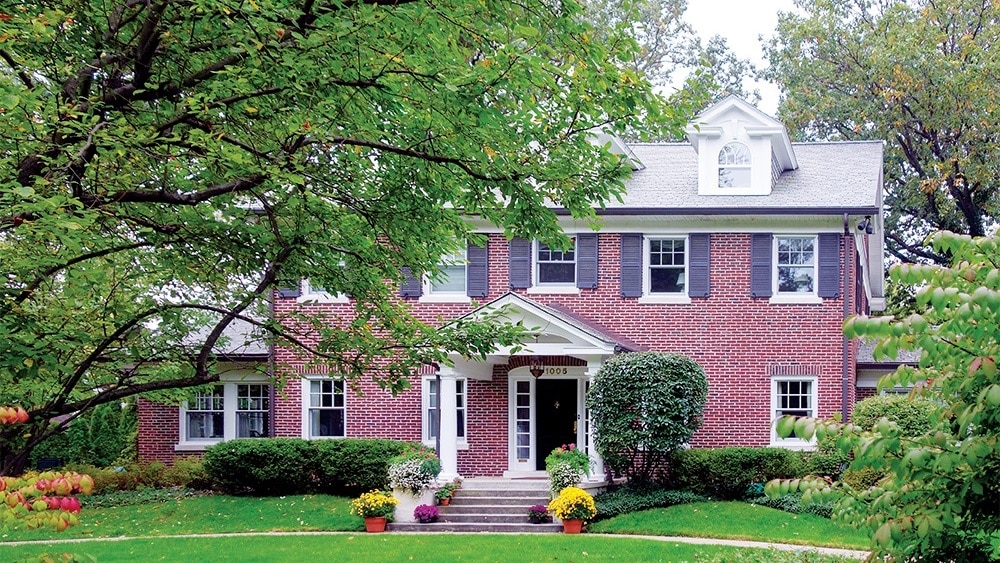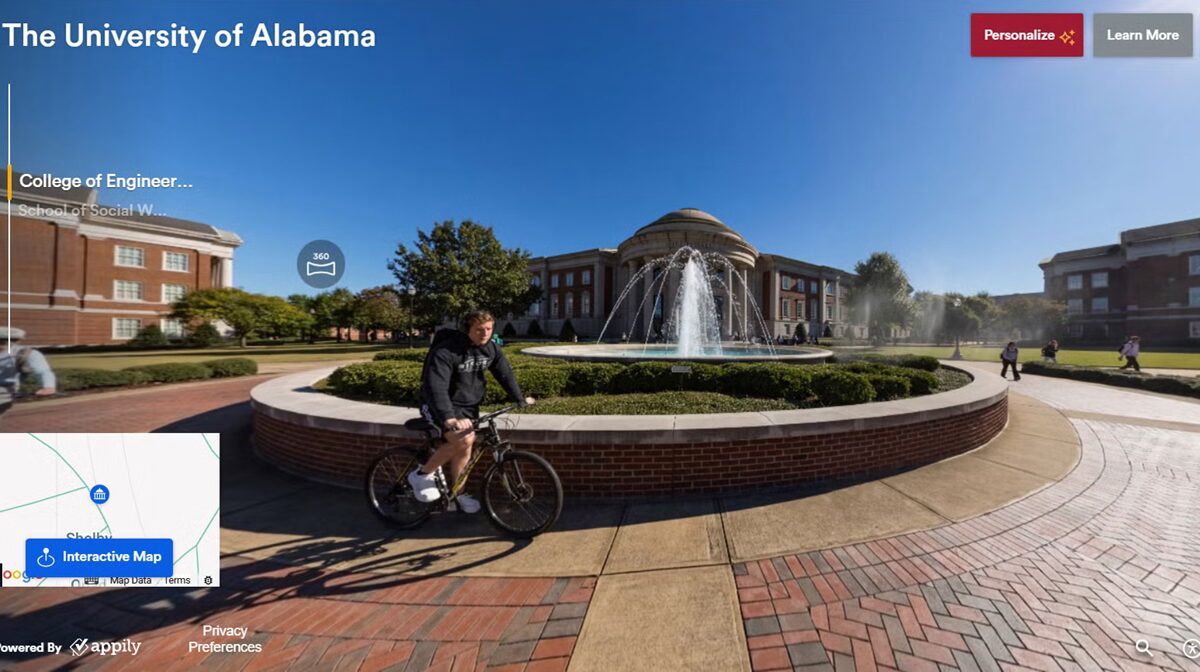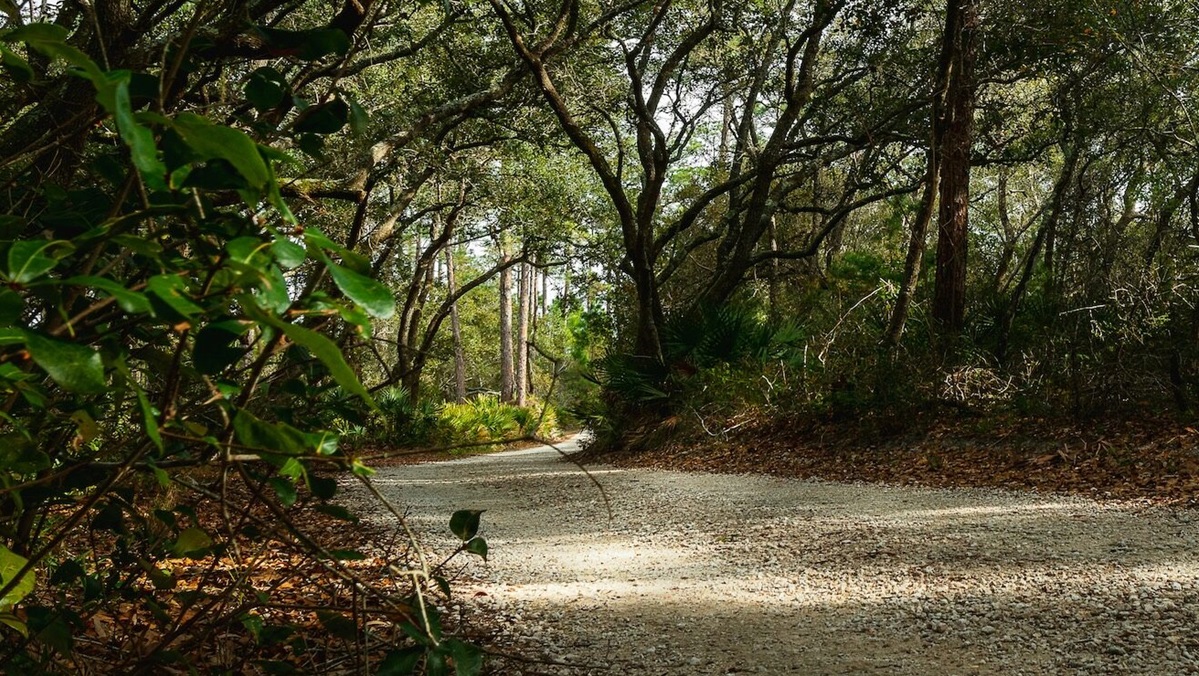Energy-efficient landscaping tips can save you money

Strategic planting can have a big impact on both summer and winter utility bills. The type and placement of trees and shrubs are significant factors. (Alabama Living)
The decisions you make about your home’s landscaping can help you stay cooler in the summer and warmer in the winter. With summer upon us, let’s start by looking at how strategic planting can help cool your home.
Direct sunlight hitting windows is a major contributor to overheating your home during summer months. By planting trees that block sunlight, you can improve comfort and reduce your air-conditioning energy use. If the trees eventually grow tall enough to shield your roof, that’s even better.
The most important windows to shade are the ones facing west, followed by windows that face east. Morning and evening sunlight hits the home more directly than midday sunlight. Also, an eave on the south side of your home can help shade your windows during midday sun.
If you live in a colder climate, planting deciduous trees that lose their leaves in fall will shield your windows in summer and allow sunlight in during winter to help warm your home. A simple approach that can deliver some shade the first year is to plant a “living wall” of vines grown on a trellis next to your home.

Careful selection and placement of trees and shrubs around your home can reduce the heating effects of the summer sun — and your power bill. (Alabama Living)
One cooling strategy is to make sure your air conditioning compressor has some plants near it. Just make sure the plants aren’t too close. The compressor should have a 5-foot space above it and a 2- to 3-foot gap all the way around so that it gets enough air movement to do its job.
There are two other factors to consider that are important in some areas of the country:
- Water is becoming more precious and more expensive. When you pay your water bill, much of that cost is for the energy required to pump water to your home, or perhaps you have your own well. Either way, reducing water use saves you money and reduces energy use.
- If you live in an area that has wildfires, you should definitely take that into consideration as you develop a landscaping plan. What and where you plant on your property can either increase or decrease the risk of fire reaching your home.
These are just a few ideas to help you get started. We should also note that with any landscaping projects that require digging, remember to dial 8-1-1 to ensure all underground utility lines are properly marked and flagged before you start the work. Happy planting!
This story originally appeared in Alabama Living magazine.





